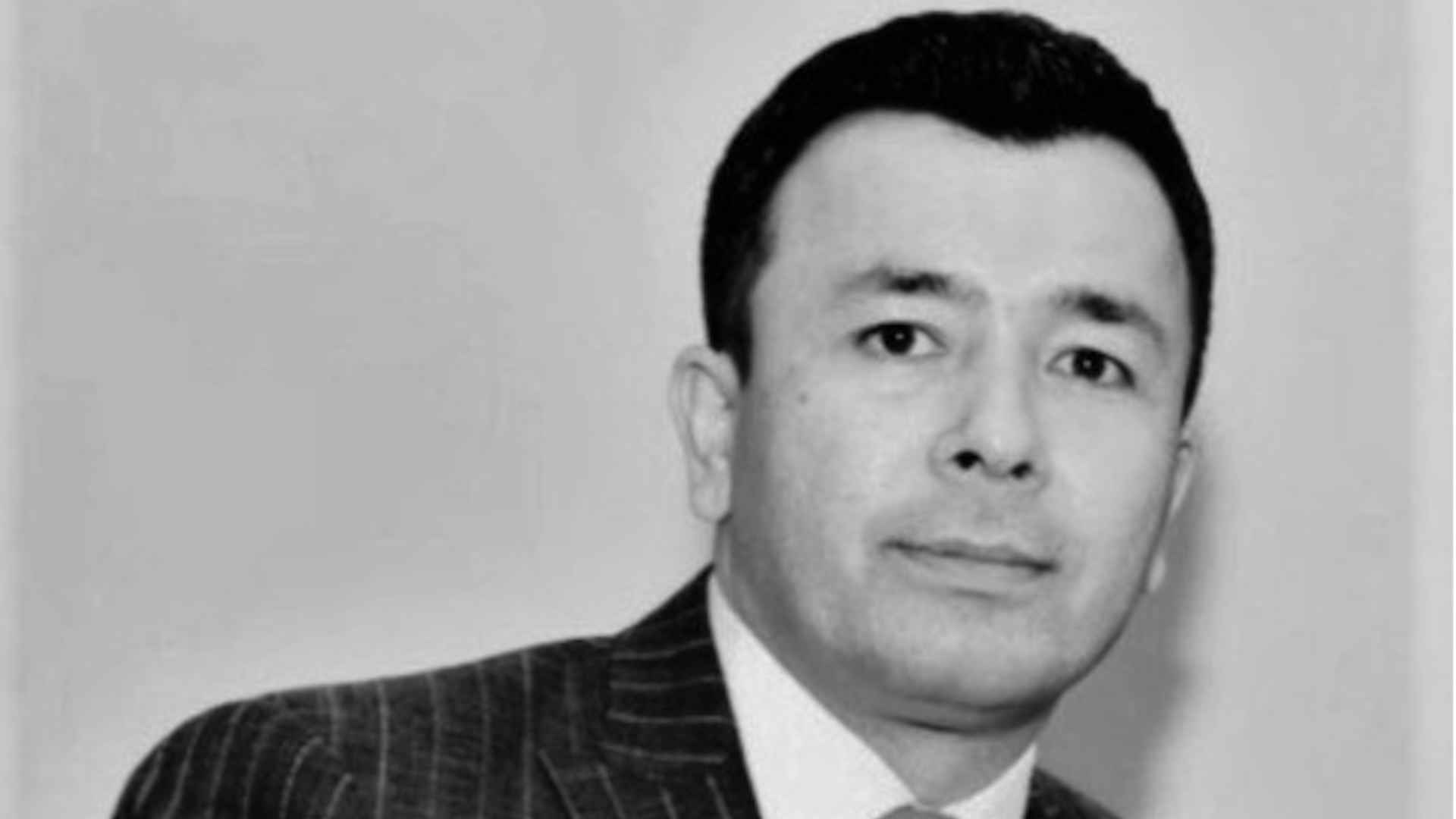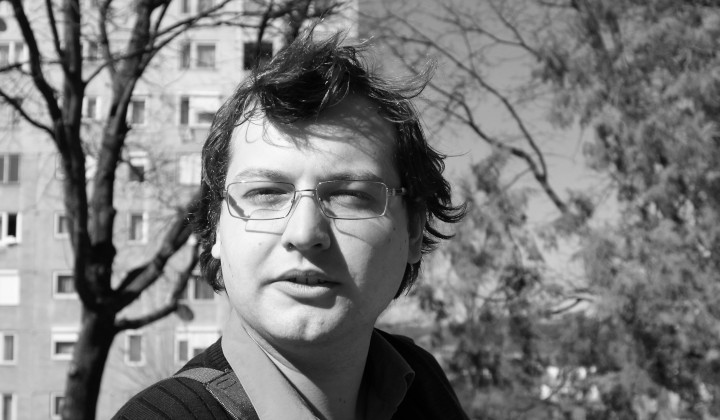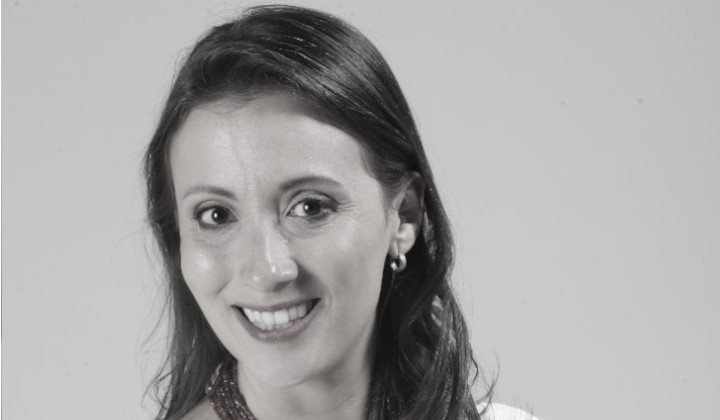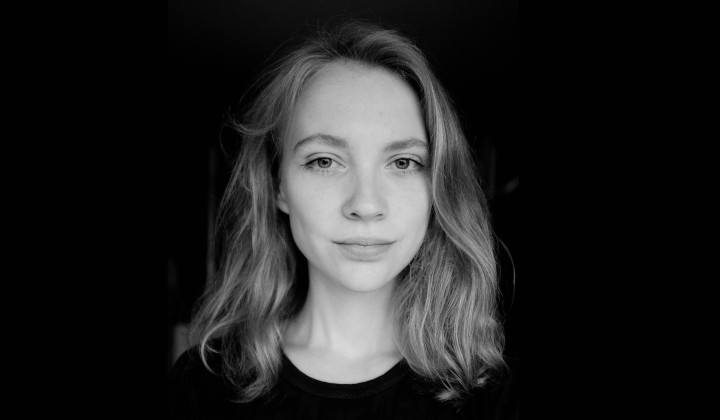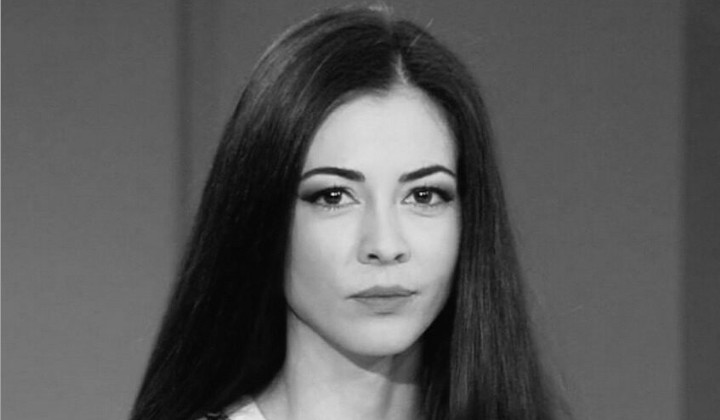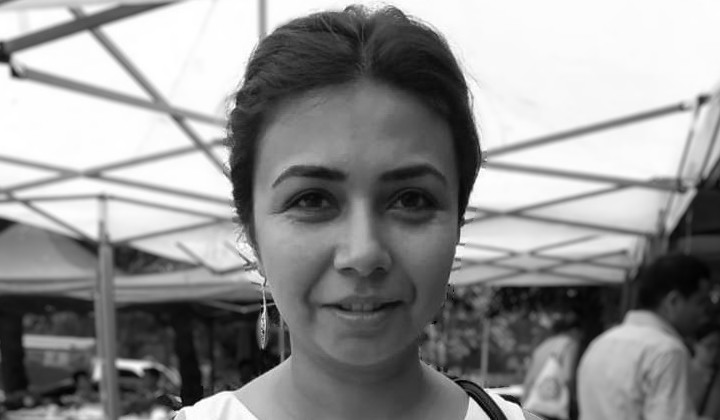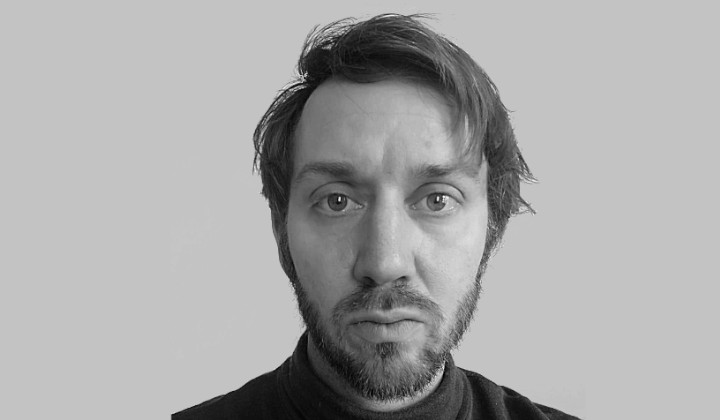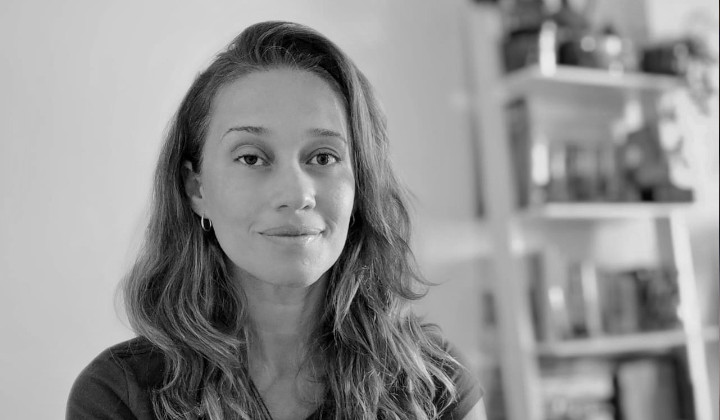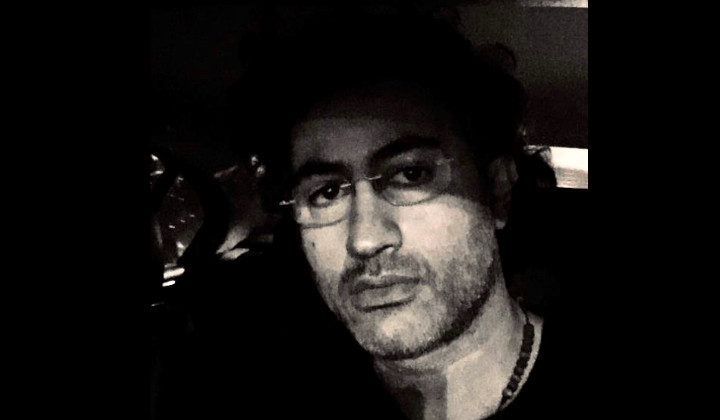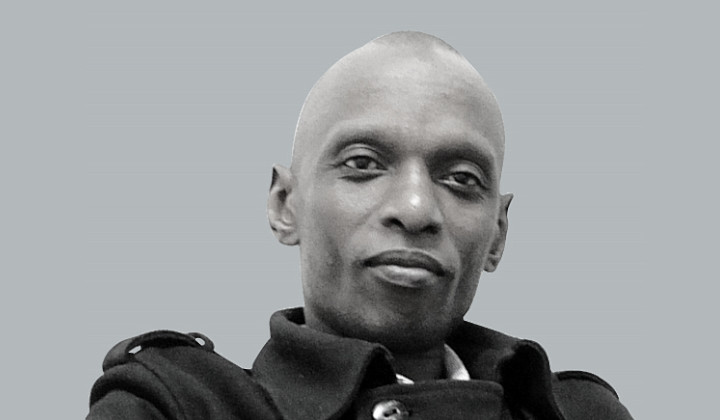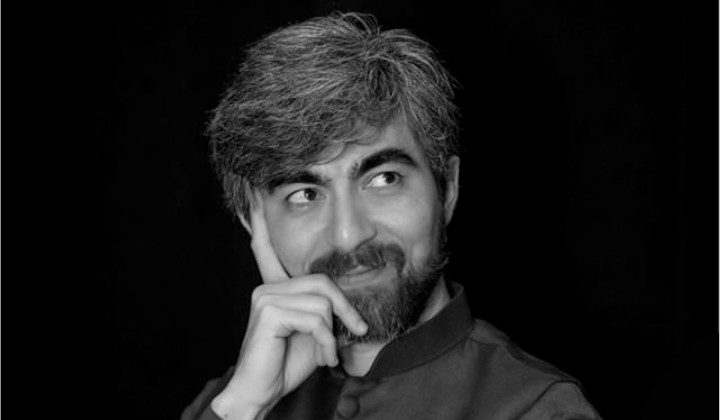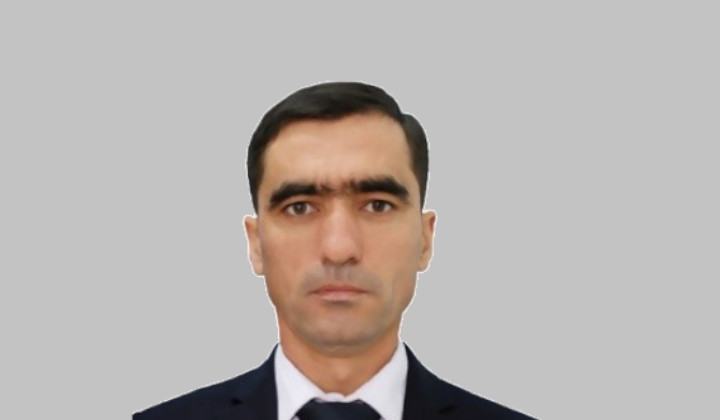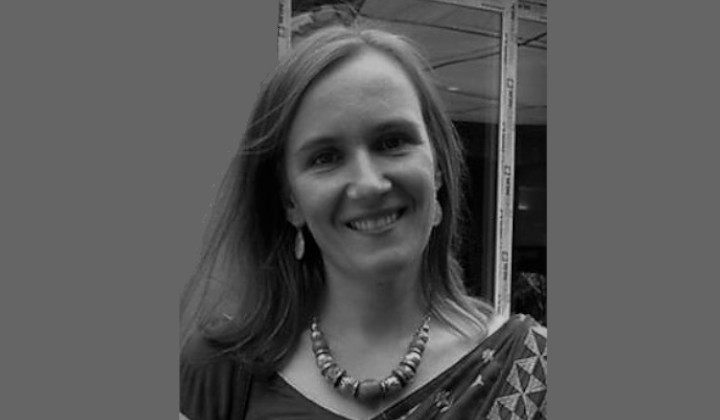“Not a woman’s area”
Thirty-five-year-old Suchandra Ghatak made her way through the male dominated journalism at the Indian media outlet ABP News, where female department leaders were still a rarity.
written by
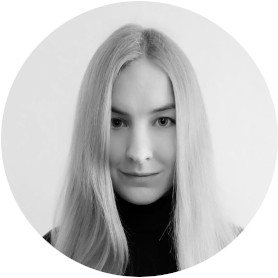
Sophia Allenstein
Suchandra Ghatak said her motivation to become a journalist was to write about issues that are normally kept indoors or never discussed. Not always an easy aim, she admitted – especially as a woman in a conservative society.
“Hard news (stories) were not considered to be a woman’s area. And when I started working, there was not a single female team leader in the news section of ABP,” Ghatak said. But neither mansplaining nor misogynist codes of conduct made her leave. Journalists were considered fearless, Ghatak said. Fearlessness is not often considered to be a manly quality nor something a woman would be proud of. Ghatak took a chance on becoming a journalist and succeeded. Asked if she had no fear, she said she did. But she said that a person could be afraid of something and still do it.
Born in the East Indian city of Kolkata, Ghatak is the daughter of an electrical engineer and a teacher, as well as part of the Brahmin caste, the highest caste of the Indian society. Studying comparative literature and international relations at the Jadavpur University in her hometown, she began writing for the Statesman in 2002, which she called “one of the most authentic and earliest English newspapers that influenced Indians under the British rule.”
Starting with an article about a student exchange program in which she participated with partners from Europe, Pakistan and Bangladesh, Ghatak freelanced for two years. Appreciation of her writing and enjoyment of work encouraged her to take further steps in the industry. After Ghatak completed her master’s degree in 2007, she found a job at the metro desk of ABP News, a leading media news outlet in west Bengal. That was when she moved to Gandhinagar, where she still lives and publishes.
While her employer has stayed the same for the last 13 years, her topics changed. In her first years as an author, Ghatak wrote book and film reviews. Later on, she focused more about societal issues such as mental health. In India, mental health is a sensitive subject, which is rarely discussed in public. Ghatak said it was a difficult subject on which to report. “All media houses, whether in Australia, Europe or India have that pressure: They have to sell their news,” Ghatak said. She said displeasing regular readers might potentially cause a drop in newspaper sales.
Journalists face multiple challenges due to the conservative values of the people, Ghatak said. India ranks high when it comes to deadly attacks on journalists. The Committee to Protect Journalists reported that at least 17 journalists were killed in 2019 in India. One reason for the conservative values and lack of respect for journalists is that India is still a young democratic nation. It was just in 1947 when India was apportioned into two countries under British rule: India and Pakistan. Pakistan was meant to be the country for the Muslims. Hindus and other religious groups were supposed to stay in India. But huge migration processes followed with people leaving their homes and having to relocate again.
“This feeling of dislocation created riots, violence, social unrest and a situation of distrust among people. Post-partition trauma has been transferred through generations. Then India started developing fast,” Ghatak said. She said that political instability has caused many societal issues.
Asked for her opinion on the working conditions for Indian journalists, Ghatak said, “Of course, the political situation in India is a bit more disturbed than it was when we were young, or even 10 years back. But it would be too much to say that journalists here are not able to work.” She said that in her 13 years of work never has she been without political pressure. That political pressure varies depending on India’s ruling party, but it has increased in the last few years when the Hindu-nationalist BJP party Prime Minister Narendra Modi came to power.
“You can do a lot of work that is not ready to be published at all if a media house is not willing to risk its identity and its business,” Ghatak said. “There are other media houses that strike a balance between risking and not risking. Maybe it makes one story against the ruling party and three stories supporting the ruling party. Maybe you write one comment and balance it with other things somewhere.” But at the end of the day, Ghatak said there are still enough critical voices of the ruling party in India.
Last year, she decided to take a different direction and work as a professor for Liberal Arts and Mass Communication of the Karnavati University while also freelancing for ABP. “I like to reach out to the younger generations. I want to know, what they read, what they talk about, what they think like. Now my perspective as a journalist is also influenced by the youngsters I regularly interact with,” Ghatak said. Her philosophy is that journalists serve as a window to the world that allows people to see opposing opinions and different angles on the news. She said that journalism can help societies become more open-minded by reporting on a variety of stories from different individuals and groups.
To the article

Women have to prove themselves more
By Sophia Allenstein & Suchandra Ghatak



